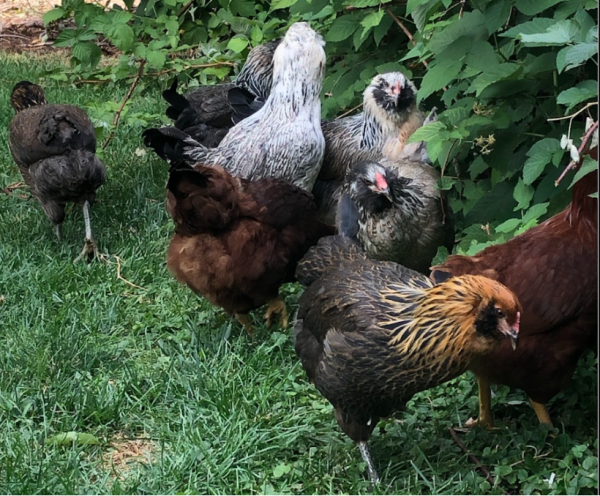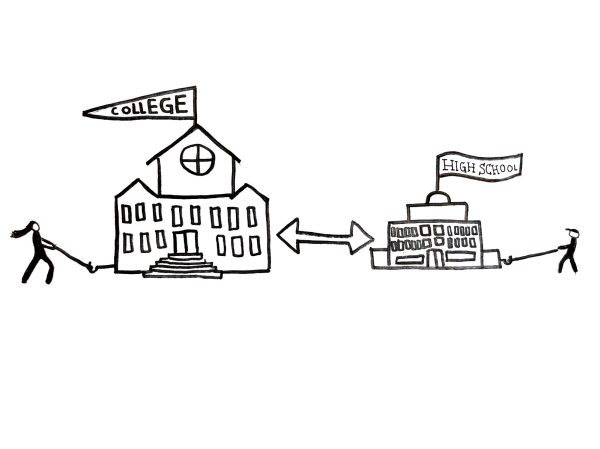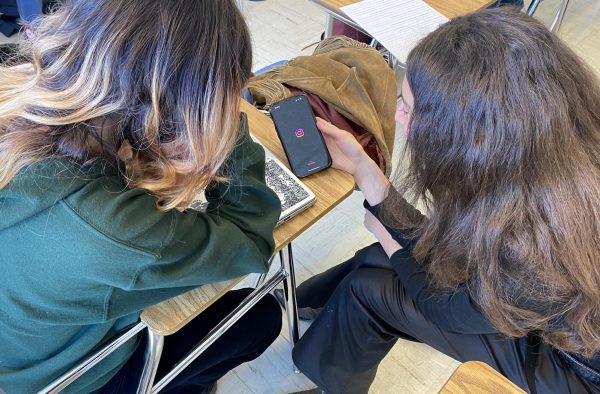Season Four of The Crown Taught Me Not to Be Jealous
A few years ago, my grandmother sent me an Ancestry.com list of famous people we’re allegedly related to. Apparently, Queen Elizabeth II is my third cousin 10 times removed, so I would now like to go by “Duchess.”
I’m kidding, but in all seriousness, this supposed connection took my interest in the royal family from casual to seriously intrigued. I get that thousands of other people are also the Queen’s third cousin 10 times removed and that Ancestry.com is probably wrong and I’m still like two-hundred-thousandth in line for the throne, but if once upon a time my ancestor married King Henry VIII, that makes me a blade of grass in the vast field that the royal family tree stands in. I’ll take it.
Given all this, imagine my excitement when Netflix released The Crown’s first season in November 2016. The historical drama begins when Queen Elizabeth II ascended the throne in 1952 and is a mostly-true portrayal of the royal family’s lives. For three seasons, I watched, enchanted, as Elizabeth was crowned, as Philip toured the South Pacific, as Charles struggled through boarding school, as Margaret teetered on the edge, as prime ministers came and went. While the media likes to portray the royal family’s lives as effortlessly golden, the series was always careful to show the difficulties they faced both as royals and as people. I wasn’t overtly jealous; I could see how outdated protocols dictated their lives, how they had to set their identities aside to embody the ideal of a stalwart head of state. But still, I saw the rarified glamour of their position and, like many people, was a little miffed that I wasn’t related 10 times less removed.
I hoped that season four, released in November 2020, would be a bright spot in the midst of the pandemic. I was wrong. This season is miserable. We are introduced to Diana, who would later become the Princess of Wales when she is 16 and effortlessly happy. Ten episodes later, she is married to a man who is obsessed with another woman, struggling with bulimia and clutching at her sanity. Margaret, the Queen’s sister, fends off depression with alcohol, cigarettes, doomed affairs and a biting temper that leaves everyone, including her and the viewer, feeling worse. Philip seems bored; Princess Anne complains about hating her husband and having nothing to do other than riding her horses. Prince Charles spends inordinate amounts of time feeling sorry for himself, pining for Camilla and acting cruelly towards Diana; his younger brothers Edward and Andrew are portrayed as intolerable brats. Even the staff, tasked with cleaning up the royal family’s messes—literal and otherwise—seem to agree that the whole thing is a disaster. The Queen appears to be content at the center of the monarchy—as Philip says, “she is the oxygen we all breathe,”—but her life seems terribly dull. How could I possibly have spent three seasons being jealous of all these people?
It is because The Crown is so well executed that it’s so depressing. The actors are brilliant; the production is impressive. Its creators stressed that The Crown is a drama based on true events, not a shot-by-shot reenactment of history. In most cases, it’s nearly impossible to know exactly what was said. Still, fictionally drawing back the curtain on a family that has chosen to appear stoic and one-dimensional to the public has a deeply unsettling effect, like we are spying on God.
The candid depiction of the royal family has been The Crown’s forte, but season four shows them at their worst and is a startling wake-up call to the fact that we are viewing the lives of people, not gods. Their morality seems perilous and their actions are often questionable. Upon her engagement to Charles in episode three, Diana moves into Buckingham Palace. She fills her days with etiquette lessons and little else; her surroundings are grand, but Charles, away on tour, never calls, and the Queen has apparently ordered that Diana’s calls not be put through to her.
In seasons past, the Queen remained a steadfast paragon of virtue while her family fell victim to the pitfalls of the human condition, but in season four, she begins to distance herself from this image, at least in private. She neglects her daughter-in-law, even when it’s clear that Diana is struggling; she refuses to give Margaret more to do when her sister begs for a job to fill her time; she makes rash decisions when faced by a press scandal and seems content to have her staff deal with the consequences.
So the Queen is human. Surprise! This shouldn’t have come as a shock to me, but it did. I expected more of her. When the famously contentious Margaret Thatcher behaved poorly, I was unconcerned. “That’s just Margaret Thatcher being Margaret Thatcher,” I thought. “She was never supposed to be that moral in the first place; she said herself she’s not afraid of having enemies.” But when cracks showed in the Queen’s armor, it was like a childhood dream being shattered, a statue being toppled. I turned off the TV and reread Sally Bedell Smith’s biography of the Queen, which is so unquestionably adoring that it almost reaffirmed my beliefs. But not quite.
I’m over The Crown, both as a series and as an institution. Remarkably, this illusion of unity and politically-neutral stability has prevailed for so long in a family that seems to lack the very qualities it endorses, consistently disregarding the wellbeing of its own and reducing familial relationships to mere political alliances. I’ll probably watch season five, but I’m not enchanted anymore. I don’t wish I were them; I wouldn’t wish that gilded misery on anyone. If anything, 10 times removed doesn’t seem like enough.

Elliote Muir is a senior and is very excited to join The Owl for her last year at Boulder High. Having loved creative writing since she was little, and as an avid skimmer of The New York Times, Elliote is thrilled to get the chance to learn more about journalism this year! When Elliote isn’t in school, you can find her captaining Boulder High’s mountain bike team, skiing, waiting for the next season of The Great British Bake Off to premiere, playing with her dog, and adventuring in the wilderness with friends and family. As a self-proclaimed foodie, Elliote loves cooking and baking (but mostly baking) and trying new foods. Her favorite food—okay, her favorite meal—is her dad’s homemade...






Isabel Oliver • Jan 19, 2021 at 10:05 am
While I still am really behind on the crown (beginning of season 3) I dug into this article knowing that there really can’t be any spoilers when it comes to the royal family. It’s crazy how much scandal and stress these people are under, especially because we as outsiders see them as this perfect legacy. One thing I always feel like the crown does well at is humanizing the royal family like you were saying about the queen. Makes me feel a little better about sometimes lagging on table manners or not maintaining politeness at all waking hours. Definitely excited to dig into season four, but happy to have this reality check before doing so.